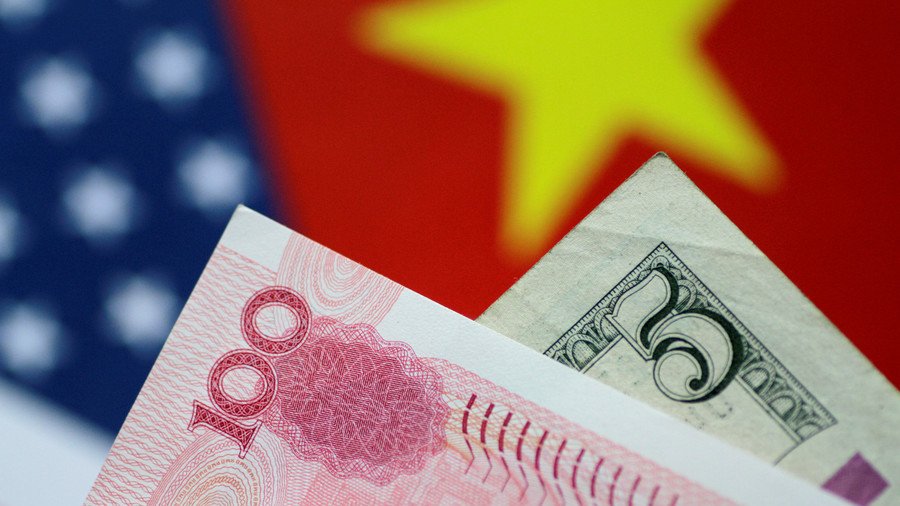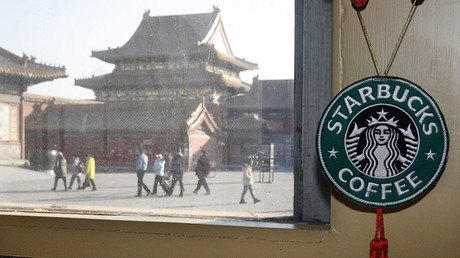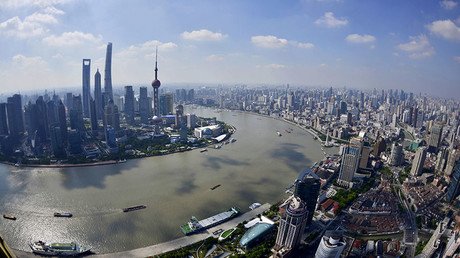Yuan going global as China boasts largest foreign reserves & infrastructure megaprojects

China is ramping up efforts to promote yuan as a global currency. After the crackdown on outflows and devaluation in 2015, the renminbi is once again gaining momentum.
The record share of yuan in global trade was at 2.8 percent three years ago, according to Bloomberg. Its share shrank to 1.7 percent in April, but is on the rise again. One of the reasons for that is China’s foreign reserves, the world’s biggest, have been boosted this year. Yuan also saw its biggest rally in 10 years in the first quarter.
“There will surely be more utilization of the currency in cross-border transfers this year. The exchange rate will be influenced by global financial markets more. Offshore investors will also become a more important driver for onshore bonds,” Ji Tianhe, a China rates and foreign-exchange strategist at BNP Paribas SA, told Bloomberg.
China’s Belt and Road Initiative, which is also known as the Silk Road Economic Belt and 21st Century Maritime Silk Road, will also promote the renminbi, analysts say. “BRI trade and investment would definitely increase currency flows between China and other Belt and Road countries,” said Ben Yuen, Hong Kong-based fixed-income chief investment officer at BOCHK Asset Management Ltd, as quoted by the media.
China has been increasing the share of yuan with its key trading partners, especially with Iran and Russia, which are exposed to US sanctions. China and Russia have an investment fund, worth over $10 billion, denominated in yuan.
The launch of yuan-backed oil futures this year is also likely to strengthen the Chinese currency. OPEC’s third largest producer Iran is selling its crude to China in renminbi after dumping the dollar in response to US threat to reimpose sanctions.
For more stories on economy & finance visit RT's business section















